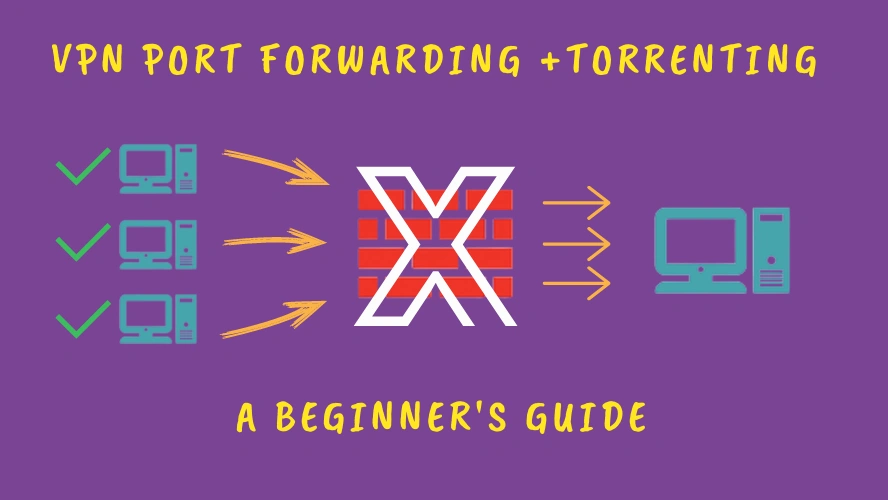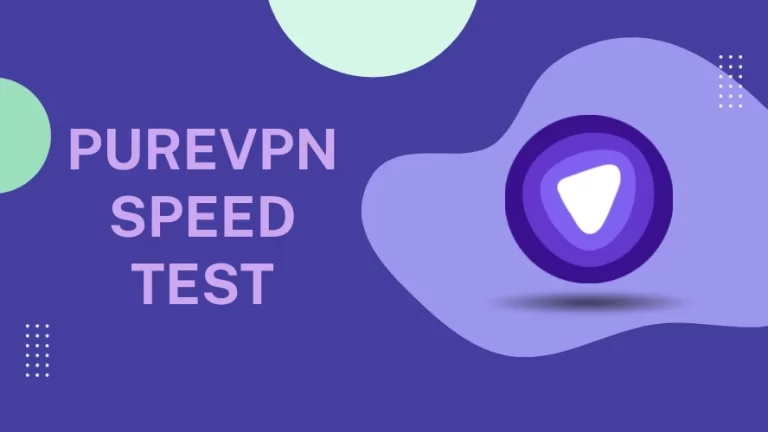When looking for the right VPN to secure your torrenting sessions, you may notice that a few providers allow port forwarding. It’s a feature that only some VPNs offer and, to be honest, many users have no idea of what it can do for them.
Generally speaking, port forwarding should not be a deal breaker when evaluating what various VPN service providers have to offer. But the truth is that it can significantly benefit your torrenting experience.
This introductory guide discusses port forwarding in relation to torrenting through VPN connections without getting excessively technical. Even beginners will better understand why some torrent users want this feature in their VPNs.
The Basics of Port Forwarding
You may have heard about a NAT firewall. It’s built into your LAN router and controls incoming and outgoing communications. It’s meant to protect your network and devices. To successfully perform such safety measures, one of the main things a NAT firewall does is block connections.
The easiest way to understand ports is to think of them as digital highways that enable internet traffic. The NAT firewall blocks many of them from reaching your device.
Port forwarding allows you to bypass the limits of your NAT firewall. Ports that were blocked become available. And the most visible result is download speed.
The VPN acts as a router
Port forwarding on a VPN server level (VPN port forwarding) follows the same principle. Your device uses the VPN server as a router. That server also uses ports to channel traffic.
How Does Port Forwarding Help with Torrenting?
To avoid misunderstandings, port forwarding is not mandatory for torrenting. Even without it, you can connect to other peers, download and seed torrent files. Actually, that’s what most torrent users do. In this scenario, you are a passive node, and your torrent software can only communicate with active nodes (the ones with open ports).
However, if you enable port forwarding and become an active node, your BitTorrent client will be able to communicate with passive nodes too. In other words, there will be an increase in the number of peers you are exchanging data with.
Higher speeds and healthy torrents
The result is a higher download speed, thanks to the higher number of peers you are downloading from. You would also be seeding to a broader audience, which would generate more seeders and, as a result, healthier torrents.
Port forwarding facilitates joining private trackers
One of the main reasons torrent users go for a VPN that offers port forwarding is if you use private BitTorrent trackers, the kind you need an invite to join.
When you apply for an invite to a private torrent tracker, the topic of port forwarding will likely come up in the interview. Some administrators may test you on your knowledge of manually mapping ports. The reason behind those questions is that you are to remain a “super-peer” in such trackers.
Port Forwarding and VPN Providers
Not all VPN service providers offer the same features. In fact, the vast majority do not provide it. However, you can be sure of one thing; if a VPN includes it as an option in its software, it’s undoubtedly a torrent-friendly provider.
The majority of VPNs do not offer port forwarding
When asked why they don’t offer port forwarding, most VPNs often state it’s because it could result in security breaches. The first thing they say is that circumventing a NAT firewall is dangerous. That firewall is there for a reason, and bypassing it may create certain risks.
Also, it’s a complex thing to do, and a mistake can open cracks in your protection and leave you vulnerable. Most VPNs do not want to take that chance because the user would likely blame them for a privacy breach.
VPN with Port Forwarding Recommendation
Even though they are more difficult to find, a few decent VPNs offer this functionality. In my opinion, the best VPN that offers port forwarding is PureVPN.
However, this feature is a paid add-on and will cost a bit more than a regular subscription. Here is a link to check their subscriptions and add-ons.
Wrapping Up
Port forwarding helps peers connect to each other by creating a bigger pool of nodes to communicate to. That can improve transfer speeds, providing a more efficient and stable download and upload experience. Such speeds also make it easier to achieve the seeding rations many private trackers require.
VPN port forwarding is not strictly necessary for torrenting. You can still do it with a regular VPN. But the truth is that, besides the speed increase, such an option benefits the entire P2P community. Seeding on a larger scale makes a difference; it contributes to healthier torrents that more people can share.
But remember that manually mapping ports can be complicated and requires a good understanding of firewall configurations. One mistake can result in a privacy breach and expose your device and personal information to external parties.



